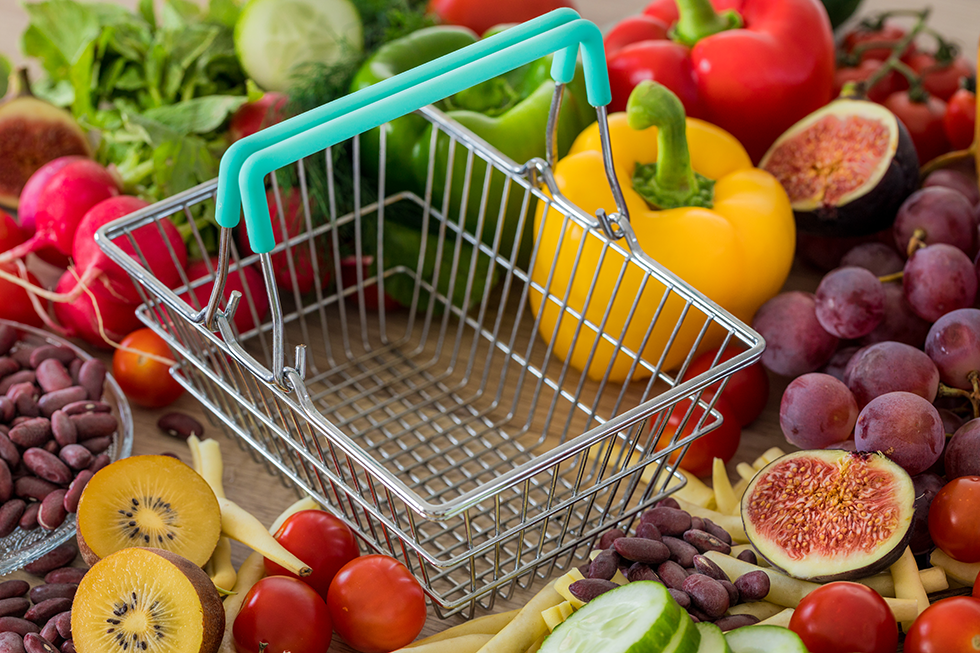
Inflation – what’s the story?
INFLATION – WHAT’S THE STORY?
05
January, 2022
Inflation
Cost of Living
Inflation is the talk of the town, and it’s no wonder since the latest official figures[1] revealed it has soared to 5.1% – its highest in a decade.
The Consumer Prices Index (CPI) is a measure of how much the price of goods, such as food or fuel, and services, such as haircuts or train tickets, has changed over time.
The latest CPI figure of 5.1% is up from 4.2% in October, 3.1% in September and 3.2% in August.
As the cost of living climbs higher, pressure on household finances rises too.
Rising prices have already pushed up bills and created a cost of living crisis for millions of households.

Overall inflation is the highest it’s been since September 2011, according to the latest data from the Office for National Statistics (ONS)[2]. And it is more than double the Bank of England (BoE) target of 2%.
The price of fuel and second-hand cars helped push the inflation rate up, along with energy and clothing costs, the ONS said.
Fuel prices alone have soared in recent months. Petrol prices jumped 7.2p per litre between October and November – the largest monthly rise on record[3].
“In December the Bank increased interest rates to 0.25%, up from a record low of 0.1%.”
Is inflation here to stay?
This is the $64 million question. The Bank of England had expected inflation to hit this level in the spring but now expects it to peak at 6% at this time[4].
In a written note from the Bank itself[5], it explained that there is more than one reason why the rate of inflation started to rise in 2021, with a lot of it being to do with the economy recovering from the Covid crisis.
It said: “We expect inflation to stay high over the coming year, then start to fall back towards 2%.”
In December the Bank increased interest rates to 0.25%, up from a record low of 0.1%. Upping interest rates is one way of attempting to curb inflation. Yet the impact could be minimal in this instance, since costs are largely being pushed higher by global factors not necessarily within the Bank’s control.


Protecting finances
Whether it’s here to stay or not, a higher rate of inflation means your money doesn’t go as far and you have to spend more. But it’s not just about losing your spending power. Individuals will be hoping that such high price rises are not sustained over the long-term to avoid the damaging effects of inflation on savings and investments being compounded.
Protecting wealth from inflation means making sure your investments are working hard with a diversified spread of assets, including those that can keep pace with inflation.
The stock market can give your money the best chance of keeping up with inflation. That comes with an element of risk of course, but now more than ever the hidden danger that inflation holds for seemingly safe assets like cash are highlighted. Returns won’t get anywhere near inflation at its current rate.
Even if it proves to be transitory, a bout of inflation is also bad news for the fixed income streams provided by bonds. If inflation persists, it’s even worse.
Make sure to factor in the need for inflation-beating returns when constructing your investment portfolio so you have peace of mind your money is working as hard as possible.
Sources:
[2] https://www.ons.gov.uk/economy/inflationandpriceindices/bulletins/consumerpriceinflation/november2021
[3] https://www.ons.gov.uk/economy/inflationandpriceindices/bulletins/consumerpriceinflation/november2021
[4] https://www.bankofengland.co.uk/knowledgebank/will-inflation-in-the-uk-keep-rising
[5] https://www.bankofengland.co.uk/knowledgebank/will-inflation-in-the-uk-keep-rising
PROVIDING NEWS AND VIEWS TO SUIT ALL NEEDS
This Blog is published and provided for informational purposes only. The information in the Blog constitutes the author’s own opinions. None of the information contained in the Blog constitutes a recommendation that any particular investment strategy is suitable for any specific person.






Recent Comments